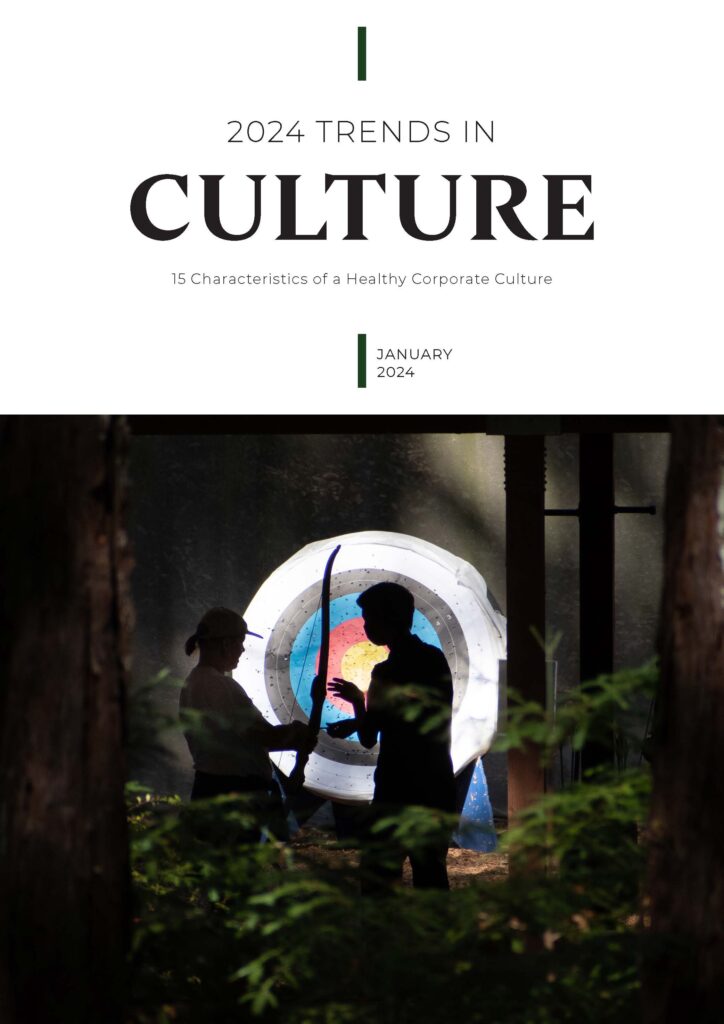
by Paul Casey
 While annual performance reviews were once a widespread convention across multiple industries, all signs point to the fact that this is rapidly changing. More than 90% of employees now prefer real-time feedback and management by objectives to the traditional performance review. Forward-thinking companies are quickly adopting their practices to fit these new preferences.
While annual performance reviews were once a widespread convention across multiple industries, all signs point to the fact that this is rapidly changing. More than 90% of employees now prefer real-time feedback and management by objectives to the traditional performance review. Forward-thinking companies are quickly adopting their practices to fit these new preferences.
Having only one chance to talk about their performance and receive feedback from management leaves employees feeling like they don’t have open communication. That’s why the vast majority of HR professionals say that more frequent communication is the most important factor in performance management.
How Does Continuous Feedback Work?
In contrast to an annual performance review intended to summarize an employee’s work over an entire year, continuous feedback allows managers to evaluate their employees on a regular basis. This replaces the vague, general feedback typically involved in a performance evaluation with specific, targeted points that can actually help employees improve immediately.
Continuous feedback helps employees stay updated on how their performance is viewed by their managers, giving them the opportunity to make regular adjustments to their approach. This is very different from annual performance reviews, which typically don’t lead to as much actionable advice. This is just one way in which continuous feedback can lead to higher retention rates.
What’s Wrong with Traditional Performance Reviews?
Annual performance reviews also make it difficult for employees to ask for feedback or be open about their performance for fear of losing pay or even their jobs. Many employees don’t have a clear idea of the potential consequences of a negative evaluation in this system, while continuous feedback gives them a much better picture of their place in the business.
The communication involved in a continuous feedback system is typically much more two-sided than that found in the traditional model. Employees are able to build up a stronger rapport and personal relationship with managers and let them know if they’re struggling with something or have a specific question. This in turn allows managers to be closely involved with their employees and have a positive effect on performance.
The conventional annual performance evaluation had its time, but it’s clear that it has already far outlived its usefulness. Businesses that continue to use this and other outdated methods are putting themselves behind the competition in terms of productivity, employee retention, and attracting talent. Implementing continuous feedback in your company will likely have positive impacts at all levels of the business.
4 minutes a month to ask yourself questions, see others giving back, and be inspired to grow a little bit more everyday. Directly in your inbox.
Get a glimpse at your corporate culture with a free culture audit. Do your mission, vision, and values truly drive your organization?
Download your free 2024 Culture Trend Report now!
